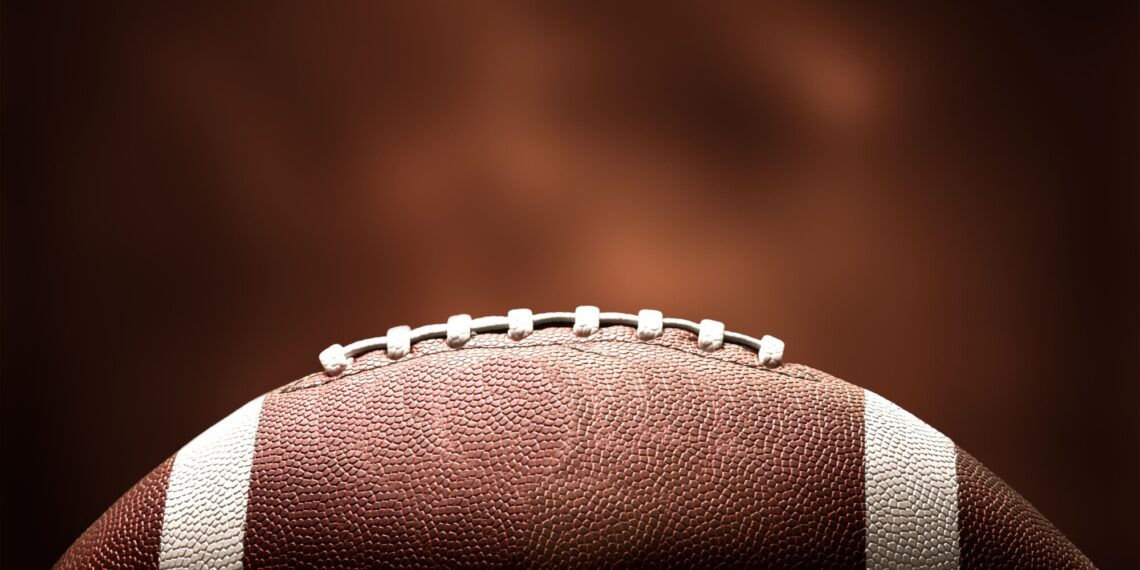[ad_1]
It is obvious that players in the National Football League face significant risks to their health in playing professional football. The nature and probabilities of those risks has become much better known over time due to more and better research, like the Football Players Health Study at Harvard University, of which I used to be a part. It seems obvious that players should be keenly aware of the risks and data.

But is that actually in their best interests?
The discipline of economics has long been premised on the assumption that the actors in any given scenario would act rationally – that is, in their best interests. But the development of behavioral economics has demonstrated that assumption is not true in the real world. People often engage in conduct or make decisions that are not in their best interests.
Two behavioral economics concepts are important to understanding the behavior of NFL players. First, optimism bias refers to people’s tendency to overestimate the likelihood of experiencing positive events and underestimate the likelihood of experiencing negative events. Second, present bias refers to people’s tendency to value a smaller reward today over a larger reward in the future (you might be familiar with the marshmallow experiment).
In the NFL world, optimism bias might result in players’ failure to accept the statistically supported risks of their career – for example, the increased rates of knee replacements or dementia in former players. Present bias would have them favor glory and high pay now over potentially debilitating health conditions later. Hall of Famer Ronnie Lott famously had a finger partially amputated to minimize the number of games he would miss. Multiple studies have found the existence of both biases in professional athletes, including in situations where no such bias was found in the general population.
In classical economic thinking, the NFL players’ behavior might be considered irrational. In addition, many would argue that the players need to be better educated about the risk and realities of a pro football career.
But are the players being irrational? Many NFL players achieve success at least in part based on a belief that they are invincible, or nearly so. They play the game at high speeds with near reckless abandon, causing and experiencing impacts akin to those received in car crashes. If they were to dwell on the arthritis rates of former NFL players, that might diminish their performance and contribute to the end of what would otherwise have been a successful and lucrative NFL career.
It is plain that NFL players should be provided with the relevant health and safety data. But there is an argument to be made that they might achieve greater on-field success by mentally foreclosing the risks of their jobs. Reasonable minds can differ on the value of that approach – and whether it is irrational, or perfectly rational under the circumstances.
[ad_2]




